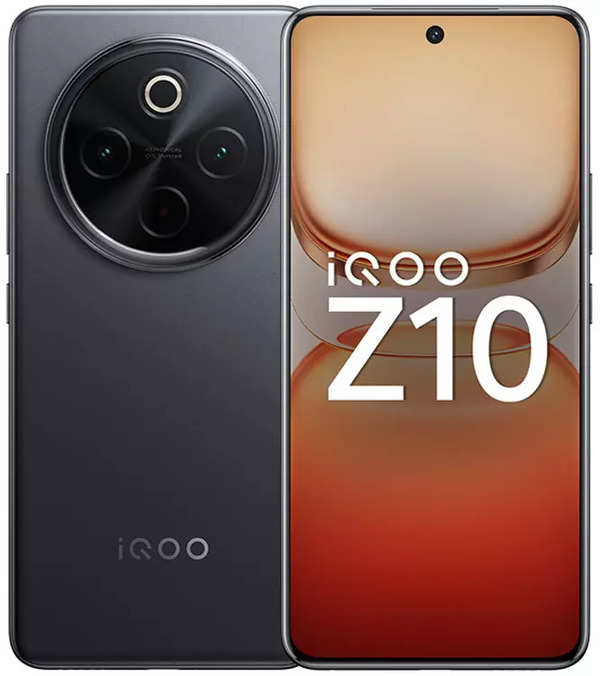- News
- Technology News
- Tech News
- When LinkedIn co-founder told employees: Go home, have dinner with family, and then open laptops to …
Trending
When LinkedIn co-founder told employees: Go home, have dinner with family, and then open laptops to …
LinkedIn co-founder Reid Hoffman believes work-life balance is incompatible with startup success, advocating for a relentless work ethic. He argues that those prioritizing balance are not fully committed to winning, emphasizing the intense demands of the startup environment. Hoffman points to the financial rewards reaped by early LinkedIn employees as justification for his demanding approach.
During the initial days of LinkedIn, co-founder Reid Hoffman wanted employees to continue working from home after having dinner with their families. "When we started LinkedIn, we started with people who had families. So we said, sure, go home have dinner with your family. Then, after dinner with your family, open up your laptop and get back in the shared work experience and keep working," former LinkedIn CEO Hoffman said in a podcast appearance last year, highlighting his controversial stance on work-life balance for startup employees.
Poll
Do you think work-life balance is possible in startup culture?
LinkedIn co-founder says work-life balance is not for start-ups
The LinkedIn co-founder stresses that sustained effort and hard work are essential for a startup’s success. "If I ever hear a founder talking about, 'this is how I have a balanced life'—they're not committed to winning," Hoffman told Stanford University's "How to Start a Startup" class in 2014. Despite growing conversations about workplace wellness since the 2020 pandemic, Hoffman's position remains unchanged. "Work-life balance is not the start-up game," he said on the Diary of a CEO podcast.
The former CEO points to significant financial rewards for those who embrace the grind. According to him, approximately 100 early LinkedIn employees "don't need to work anymore" following the company's success. Hoffman's approach to work schedules represents a glimpse into the demanding culture that helped build LinkedIn before Microsoft acquired it in 2016 for $26.2 billion.
In another news, Hoffman shared a viral Reddit post where a user credited ChatGPT with solving a lingering medical issue in under a minute—after five years of fruitless effort.
End of Article
Latest Mobiles
Follow Us On Social Media





















